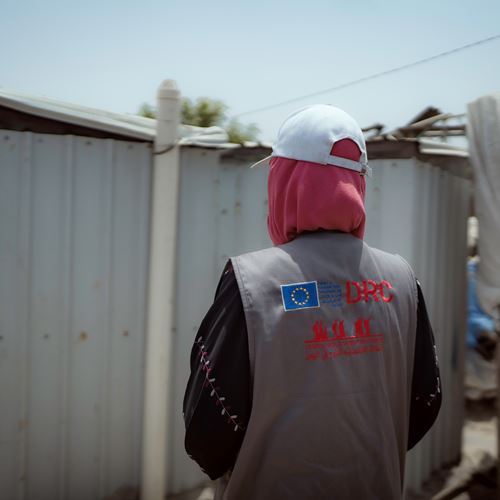News
When sanitation becomes a matter of dignity
In Yemen, the lack of basic water, sanitation, and hygiene (WASH) infrastructure continues to disproportionately affect marginalized communities. Many families live in informal settlements on the outskirts of cities, in makeshift shelters built from wood, fabric scraps and worn-out clothes. They face daily hardships in conditions that fall far below minimum standards of dignity.

One such settlement, Mahwa Al-Asfal, is home to 497 individuals, many of whom are from marginalized groups. Among the most pressing and persistent needs is the absence of clean and safe latrines.
For years, families have lived without access to proper sanitation facilities, exposing them, especially women and children, to serious health and protection risks.
Iqbal’s Daily Struggle
In Mahwa Al-Asfal, a settlement for marginalized communities in the Radfan district in Lahj governorate, lives Iqbal, a 30-year-old mother of three. Her daily struggle began with something as basic, yet vital, as access to a latrine and a private space.
“We relieved ourselves in open areas, looking for hidden spots away from view, but they were never truly safe. Sometimes, strangers would follow us in the dark."
"I had to take my husband with me, but even then, we didn't feel secure. We feared people—and we feared insects and reptiles too,” Iqbal recalls.
The absence of proper sanitation was not just an inconvenience, it was a constant threat to privacy, safety, and dignity. For Iqbal, the greatest fear was not for herself, but for her daughters,
“I worried about them more than myself. That’s why I had to go with them every time,” she explains.


